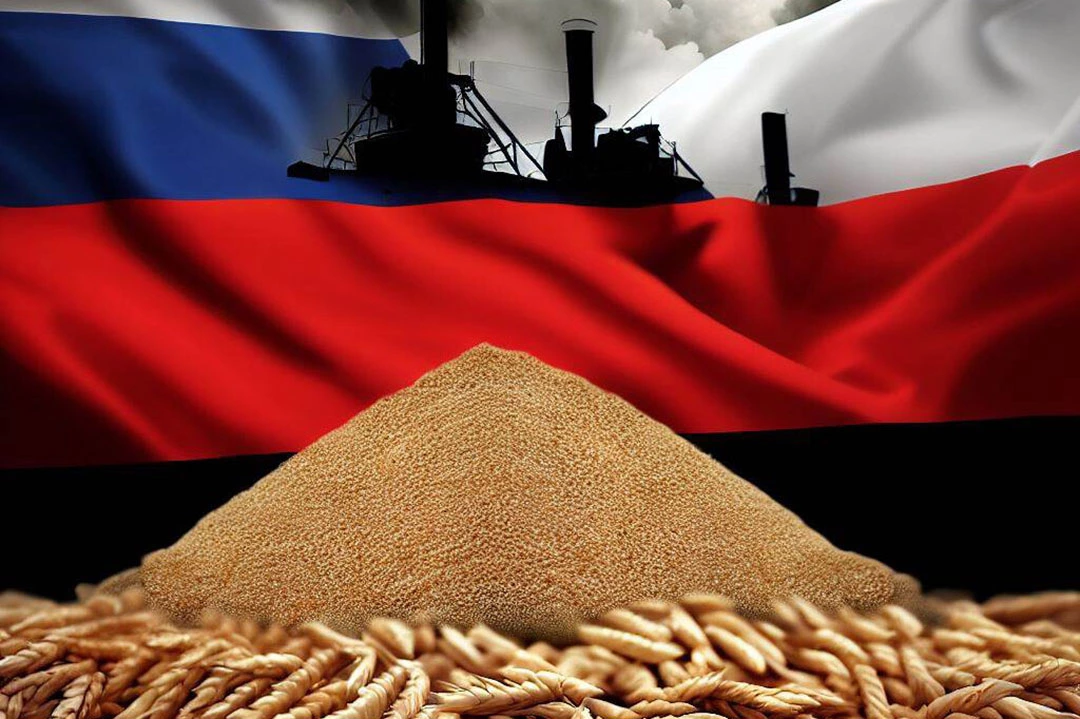Russia has cemented its place as the world’s top grain exporter with the aid of a bumper harvest and cut-rate costs while its battle in Ukraine has badly affected the market.
Ukraine was a main exporter of wheat and other food items to developing countries before Russia’s attack in February 2023, but it has lost entry to the important Black Sea way for its shipments.
Russia initially set a blockade on Ukraine shipments through the Black Sea but later decided to reopen the path in an agreement brokered by the United Nations and Turkey that contained checks of ships to assure they were not holding weapons.
The deal allowed Kyiv to export more than 30 million tonnes of grain from three Black Sea ports, but Moscow removed the ambition in July.
Recep Tayyip Erdogan, the President of Turkey met Vladimir Putin, the President of Russia on Monday to revitalize the grain agreement.
Putin cautioned that Russia would only return to the deal when Western countries completely implement deals to raise restrictions on Russian agricultural exports.
On Monday, Erdogan said that Turkey and the United Nations had prepared new recommendations strived at managing Russia’s concerns with the agreement.
The Black Sea troubles have pressed Ukraine to shift its grain exports through other paths including the Danube River, trucks, and trains.
But the river path is not completely secure, either, with infrastructure coming under invasion, the latest being a drone strike on a grain export hub on the Danube on Monday.
International wheat production is also predicted to be shorter in 2023-2024 than in the last year due to the impacts of climate change on harvests in Canada and Australia and consumption forecasts exceeding production by 20 million tonnes.




